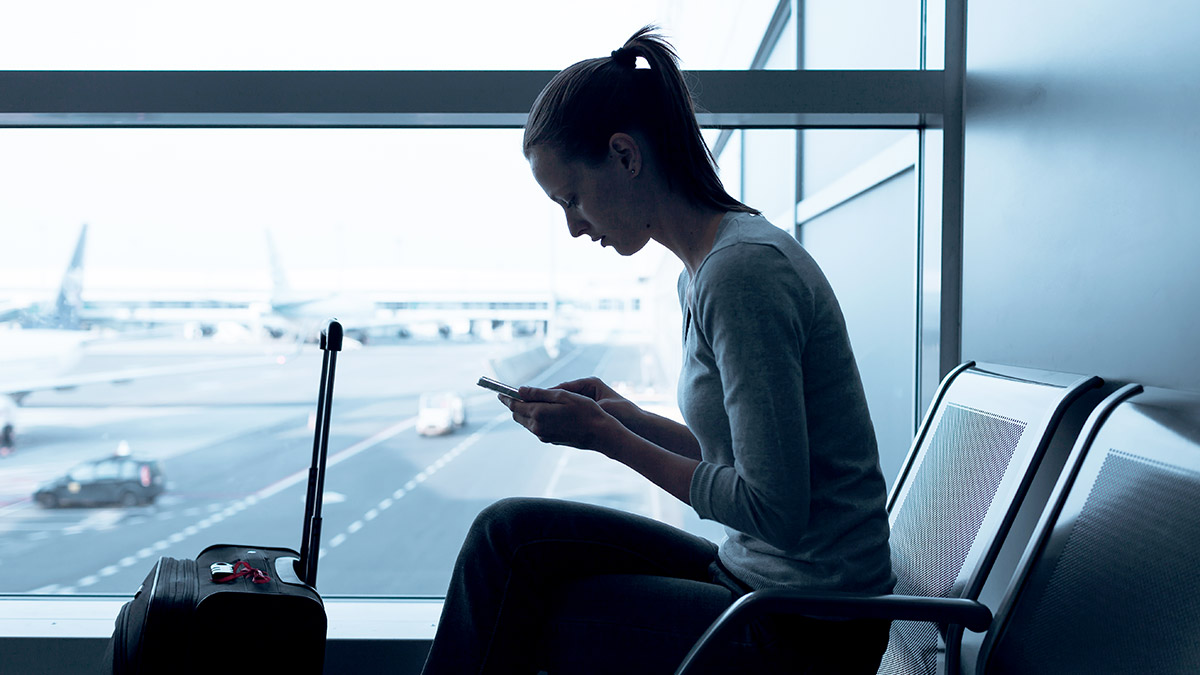For many coaches, travel is an inevitable part of their business. Whether you’re traveling to races, continuing education opportunities, promotional events, or conferences, the odds of escaping travel are slim. While travel can be a great opportunity to grow your business and interact with new athletes, it can also drain your resources and make it challenging to manage time and other responsibilities.
What are some effective ways to keep yourself and your work strong while you’re on the road?
Communicate
Most times we don’t have control of our travel schedule. It’s based on the event organizer, race promoter, or the athletes we’re working with. Even though the timing might be out of your control, do your best to control other variables.
Communicating to your clients, staff, and business contacts in advance is the first step in setting yourself up for success. When travel presents a challenging schedule, try to communicate any modified expectations regarding your time and availability. Communicate when and how you’ll be available, and how your schedule will differ from what it might normally be.
Often, the stress from travel worsens when we try to maintain the same level of availability as when we’re in the office. If people know what to expect and you’re open and honest about what your time away is going to look like, more often than not there’s very little disruption. As with most things in life, communication is the first step towards success.
Schedule
Personality type often dictates work schedule. Some like to schedule every small detail, while others are comfortable keeping things more fluid. Often, there may be more flexibility in your day-to-day life, however travel sets the pace, schedule, and tone of each trip. Since much of this is out of your control, develop a schedule before you hit the road to keep you on target and help you make sure things don’t fall through the cracks.
Another one of the most stressful things related to travel is feeling scattered and pulled in too many directions while trying to focus on the task at hand. Don’t attempt to keep the same schedule while external factors have changed. Whatever your method is (ie. calendars, task list, reminders) make it a point to write it down, plan for it, and schedule it. You don’t need to account for every detail, but high level tasks, appointments, and core responsibilities should be mapped out so you have a clear path forward. Developing clear, schedule objectives helps alleviate some of the pressure and clear your mind to focus on what’s in front of you.
Be flexible
Don’t attempt to work the same way that you normally do. It’s often unrealistic to take calls in the middle of the day, answer emails, or write workouts as you typically would due to the nature of your travel schedule. That’s okay.
Adjust your workflow, appointments, and client expectations to make things easier on you. The added stress of travel can be alleviated if you don’t try and fight it. This may mean that you carve out some time in parts of the day you’re not usually accustomed to so you can tackle the things that need to get done. Be as productive as you can during activities that you’re going to do anyway like breakfast, dinner, or commuting to conference sites and races. Often, your time is very limited so taking advantage of “free” time can diminish stress that may pile up throughout the day.
It’s also helpful to “get ahead” before you leave to lessen your workload versus waiting until your travel has begun. This is often easier said than done, but looking forward several weeks in advance leading up to a trip can help you cross things off of your list before life gets even busier and more hectic. Don’t try to fight your schedule, but rather make the necessary adjustments so the the schedule will work in your favor.
Travel can be one of the great parts of being a coach. Being able to interact with colleagues, athletes, and industry influencers is a great way to stay relevant and educated. However, it can be a stressful time that leaves you feeling drained and unproductive. Try to plan for as much as you can by communicating in advance and scheduling work around your travel itinerary. Next, make adjustments as needed and try not to go against the flow, but rather work with your schedule to be as productive as possible.




